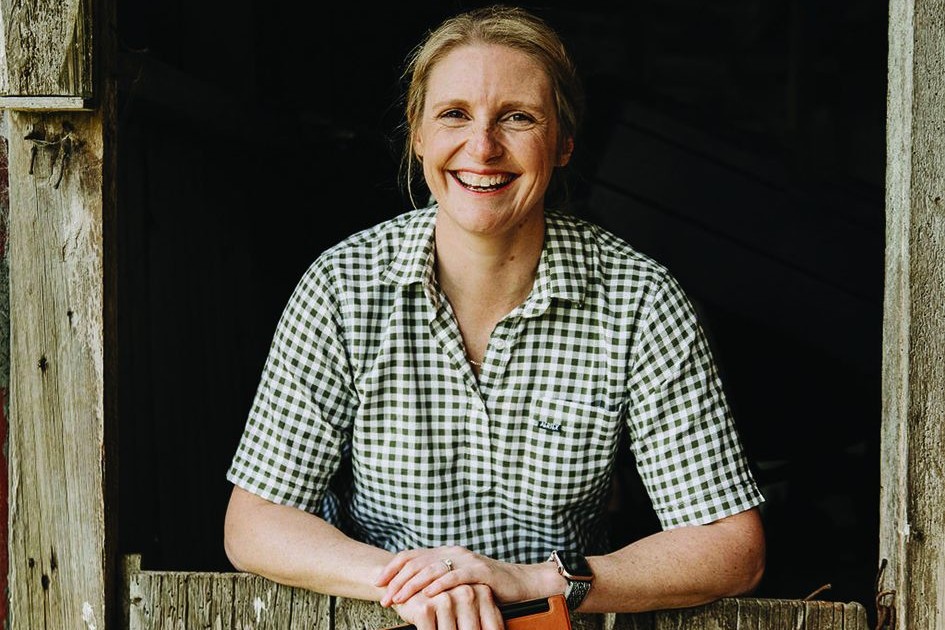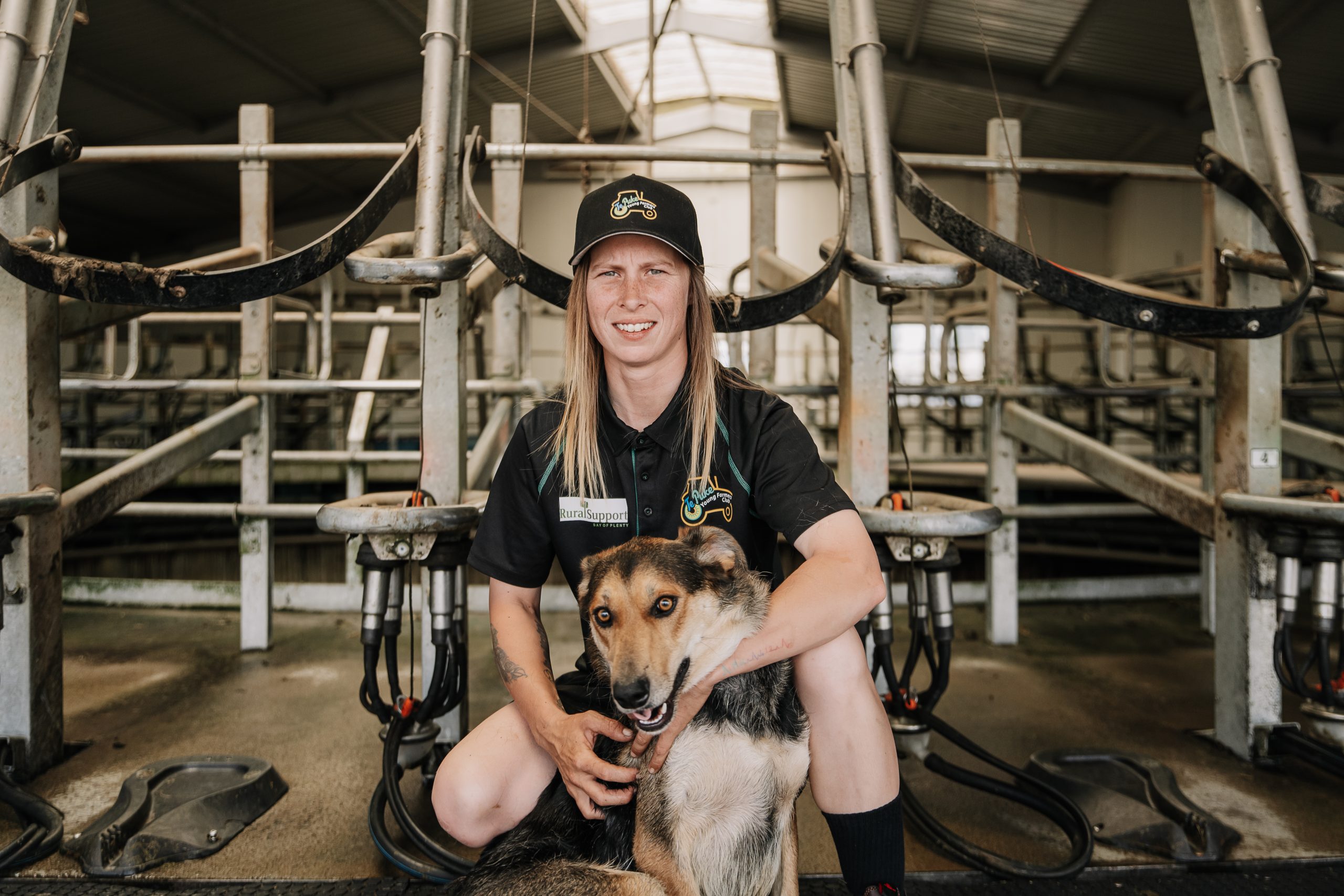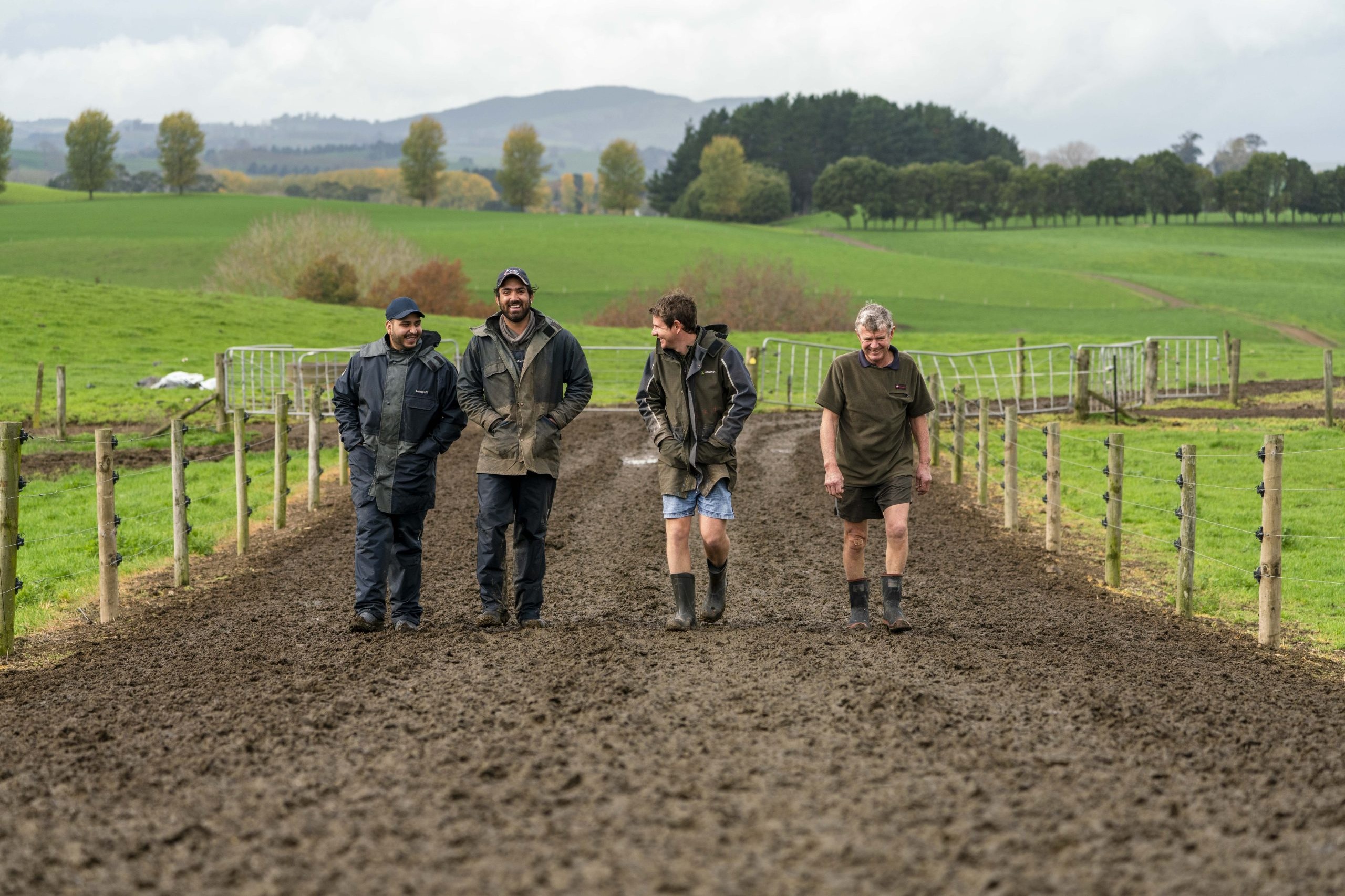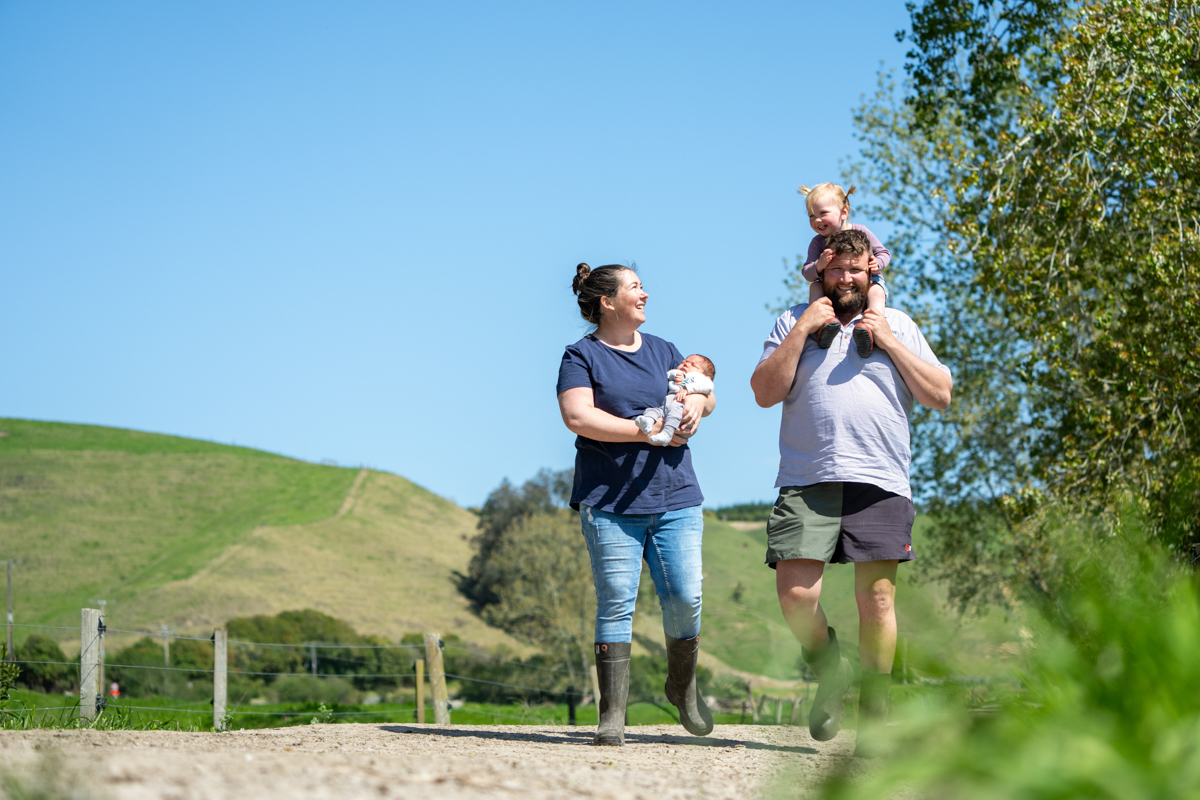Win–Win Attitude
Make sure sharemilking conversations are robust and include a chat about cow numbers vs per-cow production. Words Louise Gibson.

I get asked all the time about the secrets to success for sharefarming relationships, and there is only one – both parties need to have a win–win attitude. The moment this falls out of balance, especially in shows of power or control, it is almost impossible to go back to the honeymoon phase of a new sharefarming relationship.
A win–win relationship in sharefarming requires good communication and considering how the other side of the table is affected by your decision-making. It requires understanding what is in your sharefarming agreement, having a farm policy so everyone knows where they stand, and being professional in all communications.
I am going to run through some common examples where a little win–win attitude can go a long way:
Financial decisions: This is a conversation that is 100 years old (literally). Sharefarming is designed to bring through the next generation of sharefarmers; it is a financial investment in succession. The dairy sector needs to collectively decide if they want sharefarmers to be profitable so they can buy farms when you’re ready to sell, or if we want to complain like the sheep industry that these once-productive farms are all being planted in pine trees because we didn’t invest in succession.
When making financial decisions, consider the profitability of the full farm system. Is the sharefarmer going to be profitable? If they aren’t, but this decision hinges on the farm owner being profitable, what other options are there to achieve that? I promise there is always another option to consider.
Legal decisions: We all know that farms as businesses have a lot of regulation to comply with, and in sharefarming there are a lot of decisions that we make every day that impact the other party. We need to have a win–win attitude when it comes to Healthy Homes, Tenancy Law, Health and Safety, Environmental Management, and Animal Welfare. If we aren’t considering the other party (or their staff) in these factors, there is the potential for huge fines, jail time, or the possibility of losing the ability to farm in the future. It is shocking how many situations I see where one party refuses to comply with these laws, bringing the other party into a high-risk situation where no one wins.
Farm system decisions: In the last 12 months we have seen a giant shift in the cow price, making low per-cow production systems less profitable for new sharemilkers. Genetic improvements over time mean cows have become more productive and better converters of feed, but without sufficient feed, they aren’t going to produce well. As a result of the cost of cows and insufficient feed, a frequent falling out is over having insufficient cow numbers. If you find yourself in this scenario, put your win–win hat on and reframe the situation. In most cases, changing the per-cow milk production target is entirely possible, producing the same total output of milk with fewer cows. Do your feed budget, have a discussion and approach the situation with a win–win attitude.





